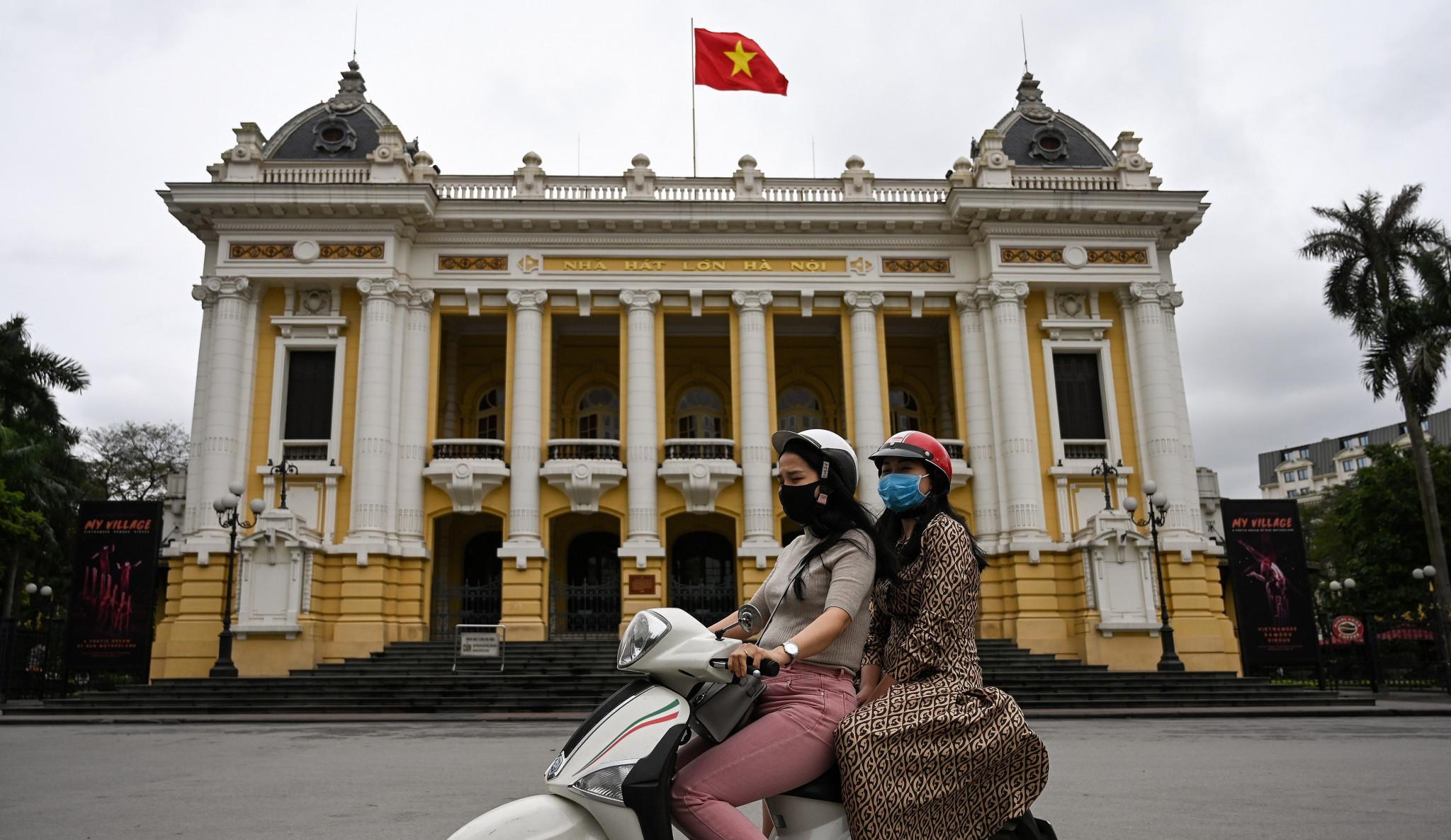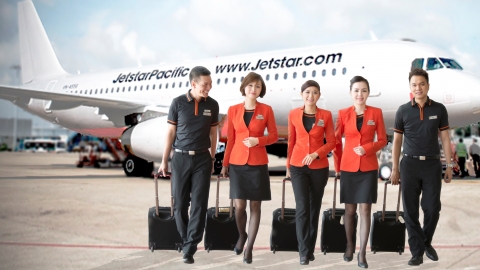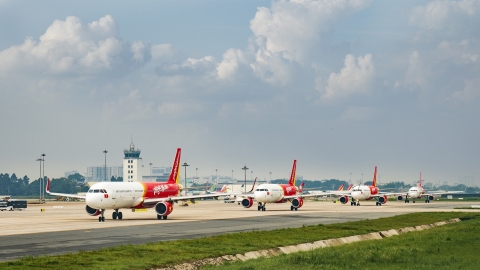Propose declaring the end of the pandemic and easing entry and exit restrictions soon.
According to the conclusions from the meeting on the afternoon of May 15th, the Prime Minister instructed the Ministry of Health to research and promptly propose the declaration of the end of the epidemic and a strategy for preventing and controlling the Covid-19 epidemic for the new phase. The Prime Minister also requested continued efforts to prevent the entry of the disease from outside; not to reopen international tourism; and to promote domestic tourism.
The Ministry of Culture, Sports and Tourism will take the lead and coordinate with relevant ministries to promote tourism, prepare the necessary arrangements to open up to international tourists when conditions permit, primarily from countries and territories that have successfully controlled the pandemic; and research and propose the timing and principles for gradually easing entry and exit restrictions, resuming some flight routes to restore trade, family visits, tourism, commerce, and investment on a bilateral basis.
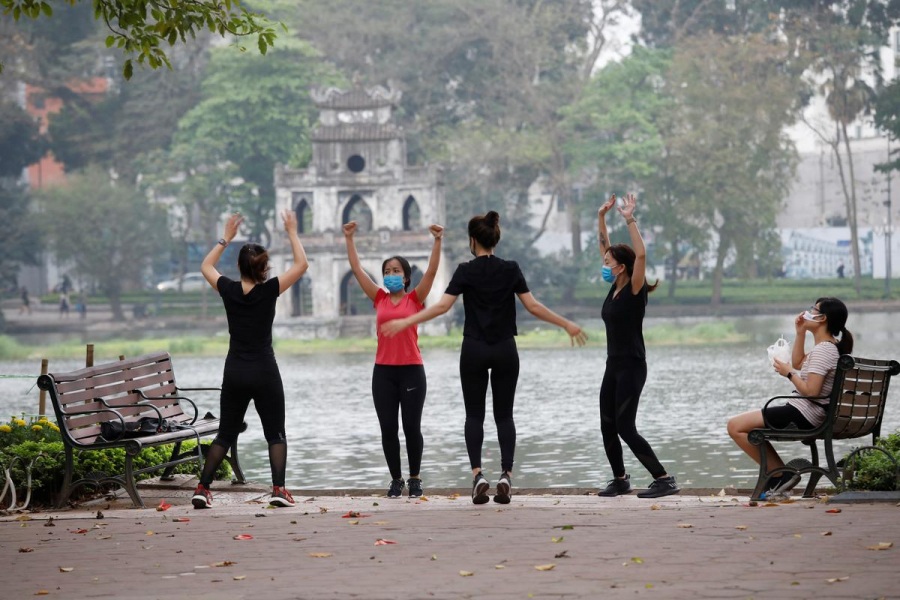
As of the morning of May 16th, Vietnam recorded one new case of Covid-19, a passenger returning from Russia who was immediately quarantined upon entry, bringing the total number of cases to 314. Thus, Vietnam has also entered its 30th consecutive day without any new cases of community transmission.
Laos: Easing restrictions but not being complacent.
At a press conference on the afternoon of May 15th, the Lao Ministry of Health announced that the country had only 19 confirmed cases of the disease, of which 14 had recovered. Although the fight against Covid-19 in Laos has seen many positive developments, given the complex developments of the pandemic globally and regionally, the Lao government will not be complacent to avoid a second wave of outbreaks, as has occurred in many other countries.
Therefore, during the period from May 18th to June 1st, in addition to easing some restrictions, the Government will continue to apply some preventive measures such as: ensuring a minimum distance of 1 meter when interacting with others, frequent handwashing, temperature checks, and implementing epidemiological hygiene principles.
The Lao government has also allowed offices and businesses to resume normal operations but encourages online work; permitted the reopening of transportation nationwide, allowing inter-provincial travel. Foreigners in Laos wishing to return home, as well as Lao students and workers, can leave the country but must strictly adhere to the measures required by their destination country.
Thailand approves phase 2 of lockdown easing.
The Thai government approved phase 2 of easing lockdown measures from May 17th, aiming to support the economy, but only shortened the nighttime curfew.
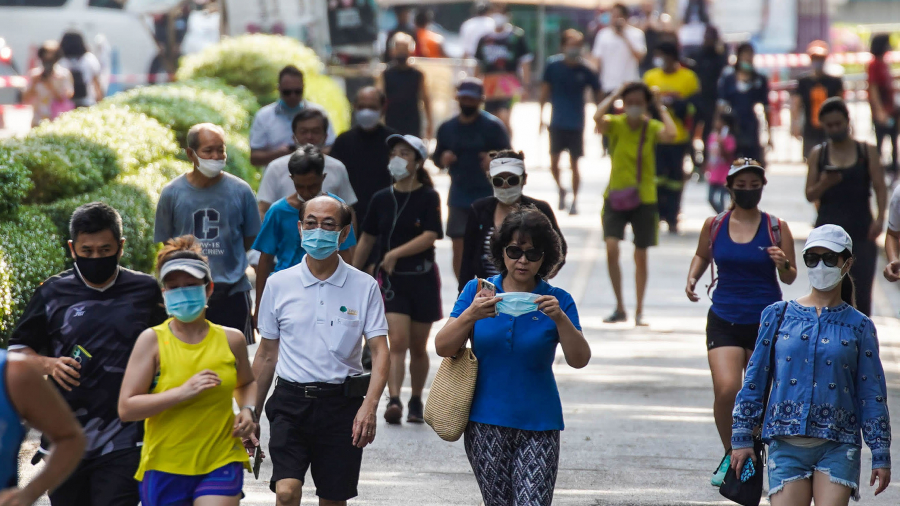
Among the types of businesses allowed to reopen are shopping malls and restaurants within shopping malls, convention centers, wholesale markets, and swimming pools. Shopping malls will have to close at 8 p.m. to allow people enough time to get home before the curfew.
Movie theaters, amusement parks, boxing arenas, and gyms remain closed, while fitness centers will be allowed to resume some activities. Airports remain closed to commercial flights from overseas, and restaurants are not permitted to serve alcoholic beverages on-site.
Indonesia announces new health control regulations.
On May 15th, the Indonesian Minister of Health announced new regulations regarding health screening for Indonesian citizens returning from abroad and foreigners arriving in Indonesia.
Accordingly, each person entering the country must carry a health certificate proving a negative PCR test result, valid for a maximum of 7 days. Those arriving at airports and seaports must also undergo additional health checks including a health interview, temperature measurement, and testing via rapid test or PCR reaction. After the checks, each Indonesian citizen and foreign national will be issued a health certificate and a Health Alert Card (HAC).
Iran records a record high number of new infections.
On May 15, Iran announced that it had recorded 2,102 new cases of SARS-CoV-2 in the past 24 hours, the highest daily number of infections in the country since April.
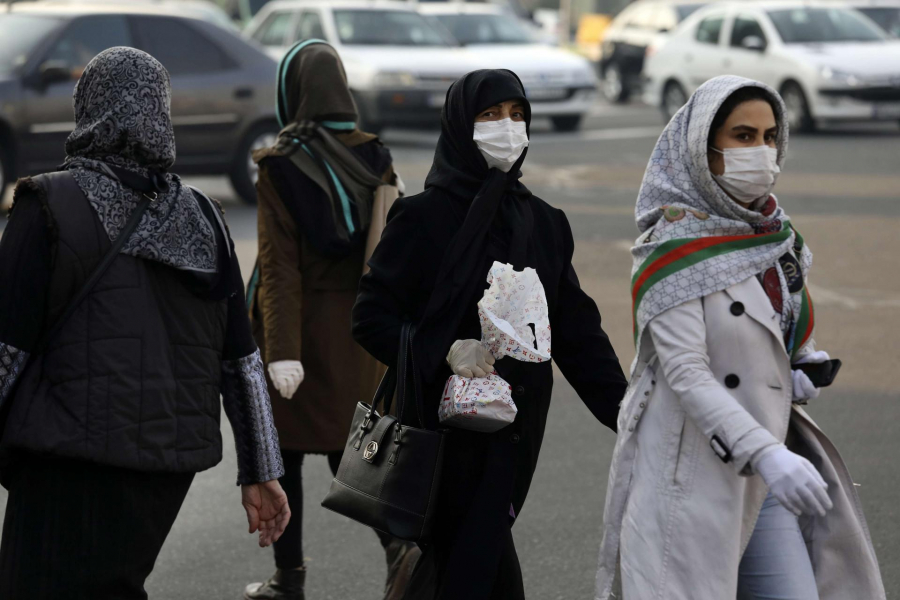
The total number of Covid-19 patients in the country is currently 116,635, with 6,902 deaths.
The province of Khuzestan, in southwestern Iran, remains under a red alert – the highest level on Iran's Covid-19 risk assessment scale.
Uzbekistan extends social distancing measures.
The Uzbek government has extended social distancing measures until June 1, but lifted some previous restrictions.
According to Uzbek officials, domestic air and rail routes will be partially reopened starting May 18. Citizens will be required to comply with all quarantine regulations, including restrictions on the number of passengers.
New York extends lockdown.
Lockdown measures in New York City will be extended until June 13th, according to an executive order signed by New York State Governor Andrew Cuomo. However, the order allows for the easing of travel restrictions and gives the green light for businesses to gradually reopen.

To date, the United States has recorded 87,025 deaths from Covid-19 out of a total of 1,460,902 infections. However, Professor Thomas Perls, a medical and geriatrics professor at Boston University School of Medicine, believes that the total number of Covid-19 cases in the US could double, especially in New York, if deaths in nursing homes are included.
Spain quarantines incoming travelers.
From May 15th, people arriving in Spain from abroad must self-isolate for two weeks. In addition, Spanish authorities have extended current restrictions on travelers entering Spain until June 15th, as well as limiting access to five airports and eight seaports.
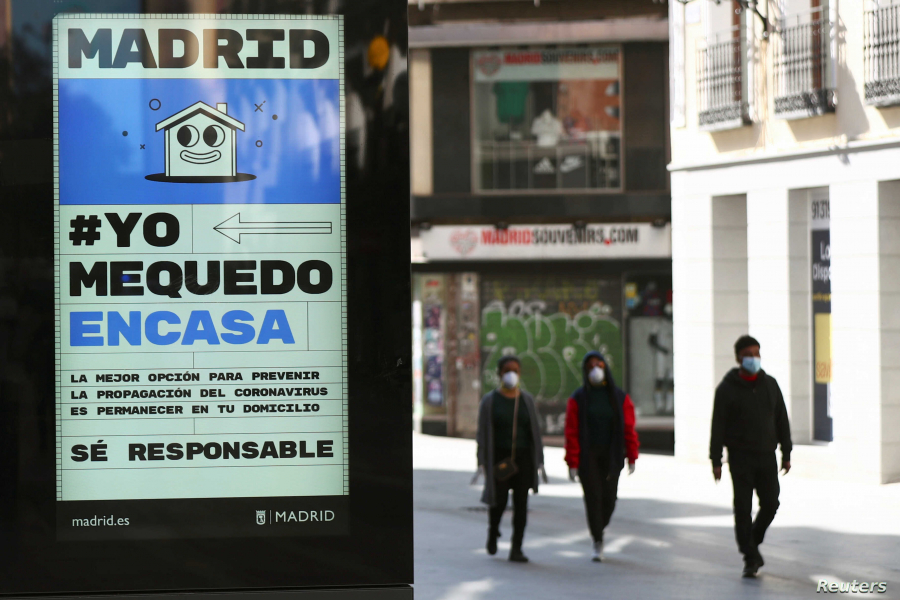
These new restrictions on travelers come as the country recorded its lowest number of new Covid-19 deaths in the past 24 hours since May 11th. Spain reported only 138 additional deaths, bringing the total death toll to 27,459. Meanwhile, the total number of Covid-19 cases in Spain remains at 230,183.
Italy intends to allow people to travel freely.
On May 15th, Italy recorded 789 new cases, bringing the total number of infections in the country to 223,885. Meanwhile, the number of deaths increased to 31,610 (up 242). There were 4,917 recoveries that day, bringing the total number of recoveries to 120,205. The number of patients requiring intensive care continued to decrease to 808 (down 47).
Following several days of sustained positive signs, the Italian government plans to allow free movement throughout the country from June 3rd.
Slovenia declares the pandemic over and opens its borders.
On May 15th, Slovenia reopened its borders after declaring the COVID-19 pandemic over. In a statement, Slovenian Prime Minister Janez Jansa stated that the pandemic situation in Slovenia was the best controlled in Europe, therefore, the country could declare the pandemic over.
The country has now opened its borders to all European Union (EU) citizens; however, non-EU citizens will still be required to quarantine. Some disease control measures will continue to be maintained, including a ban on large gatherings, while citizens must still adhere to social distancing and wear masks in public.
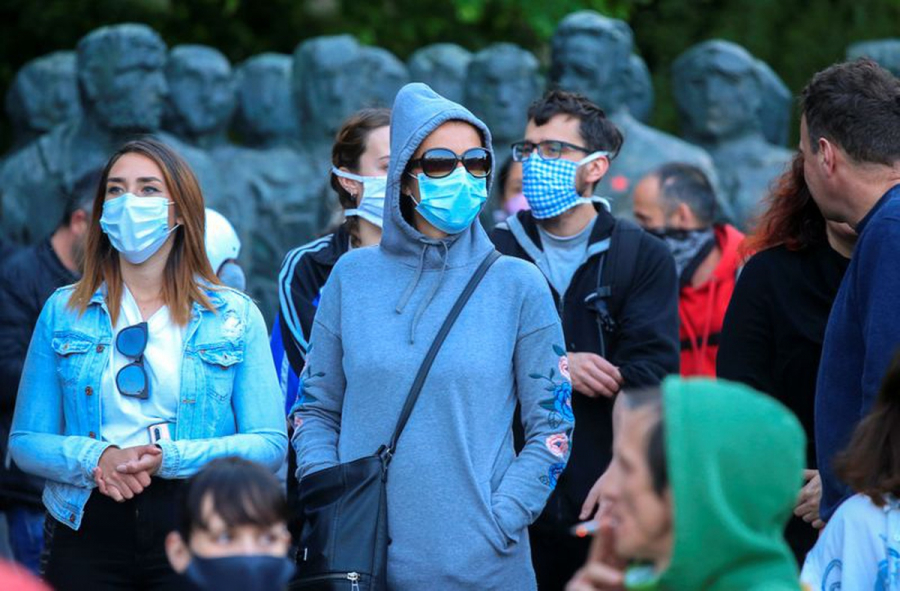
According to the plan, shopping malls and hotels in Slovenia will reopen next week, while football matches will resume from May 23rd.
The Czech Republic, Germany, and Bulgaria are easing lockdown restrictions.
On May 15, the Czech Republic announced it would allow events with up to 300 participants later this month, amid the lowest number of SARS-CoV-2 infections causing COVID-19 among European countries.
According to Health Minister Adam Vojtech, from May 25th, events such as sporting competitions will be allowed to take place but limited to 300 participants, and businesses such as restaurants and pubs will also be allowed to reopen. If the pandemic situation improves, the limit on participants for events will increase to 500 people on June 8th and up to 1,000 people on June 22nd.
However, restaurants and bars will not be allowed to open after 11 p.m. following a recent surge in infections in South Korea linked to a nightclub.
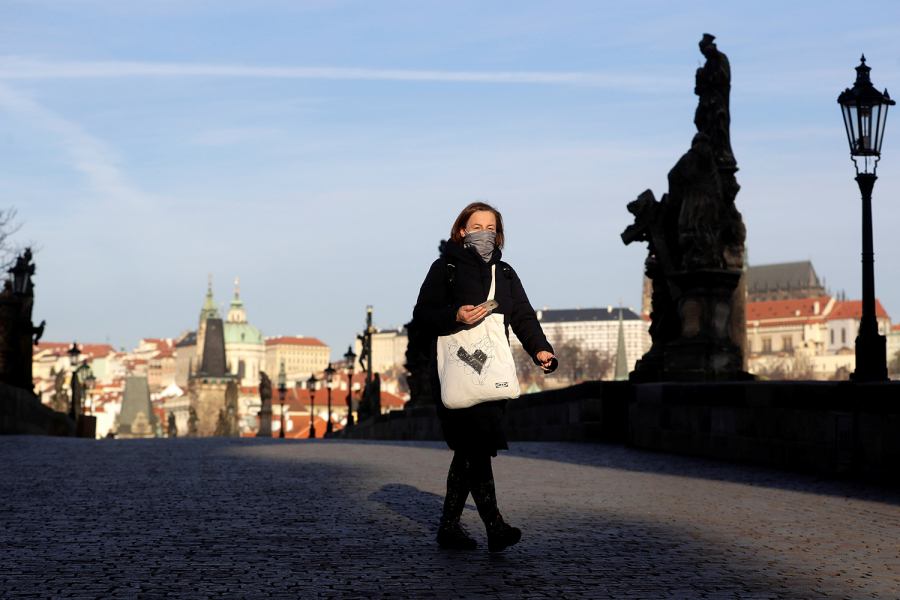
On May 15, Germany announced it would ease quarantine regulations for people arriving from the European Union (EU), the Schengen area, and the United Kingdom.
According to the German Interior Ministry, authorities will only recommend that people arriving from countries with a high number of COVID-19 cases self-isolate. Meanwhile, the mandatory two-week quarantine requirement remains in effect for those arriving from non-EU countries.
On the same day, Bulgarian Prime Minister Boyko Borissov announced that the country would allow shopping malls to reopen on May 18th.

 VI
VI EN
EN



